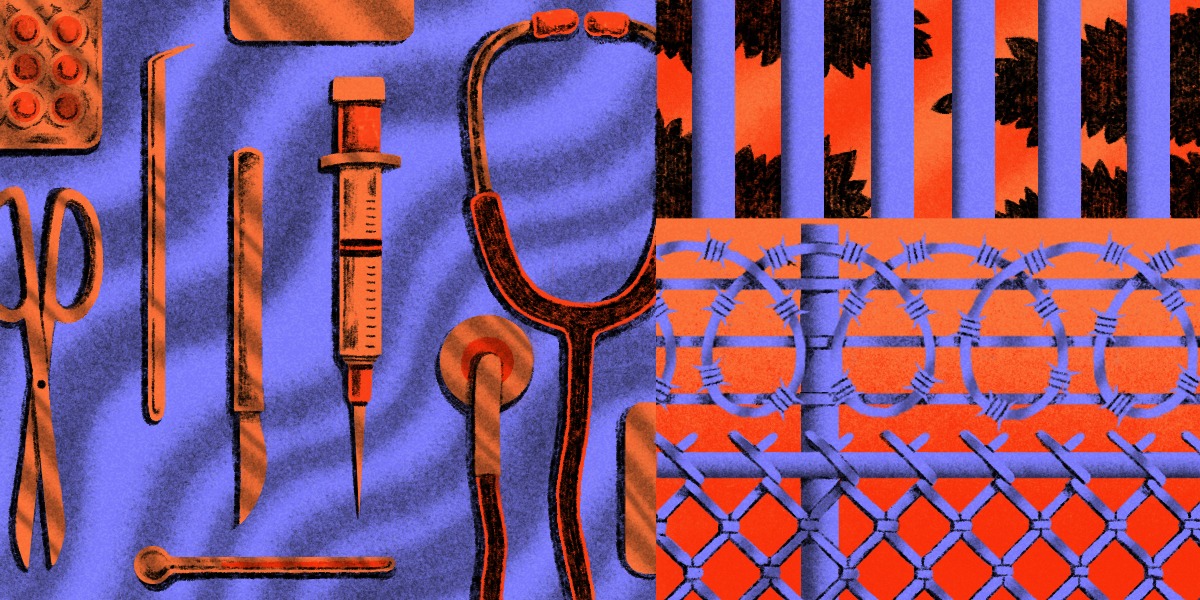Becoming a correctional medicine Physician is an interesting option that many are considering. It is ultimately the same as other Physician positions with excellent salaries, good job growth, and great benefits, except you are providing care to patients in a different and unique setting.
By working in a correctional facility, you will enjoy additional benefits that are often related to government based jobs. Also correctional medicine frees you from coding, billing, and insurance companies.
The correctional physician must be able to provide extensive primary care covering all the aspects of primary care. This includes: internal medicine, dermatology, preventive care, basic orthopedics, minor in-office procedures, emergencies, urgent needs, routine patient appointments, episodic recurrent care, chronic care, and end of life care. They may be expected to manage other medical areas such as mental health, such as suicidality and forced medication; as well as dental issues, such as severe dental pain, facial trauma or infections if a psychiatrist or dentist is not available
Prisons present another unique opportunity compared to outside medical practice. In outside medical practice, it is rare to be able to follow a patient’s progression over many years. Medicine has become so specialized that patients are passed from doctor to doctor depending on what disease they develop. However, in a prison, patients will always return to their primary correctional Physician after each visit to a specialist.
Dr. Michelle Staples-Horne, medical director for the Georgia Department of Juvenile Justice agrees that Doctors typically didn’t consider prison to be an ideal or safe setting to practice medicine. She admits that there is risk, but points out that most doctors don’t have the benefit of high security that prisons provide.
“Doctors are often safer in this setting than in an emergency room when you don’t know any thing about the person coming in,” she said. “You don’t know if they have a weapon, if they are violent or aggressive.”
The majority of people who are incarcerated will eventually be released. The care we provide to inmates in the course of stabilizing their physical and mental health means they will leave jail in much better condition than when they arrived. A newly released inmate will have more success in reintegrating into society if his or her health problems are under good control.
In order to become a correctional medicine physician, you need to become a medical doctor. Training will involve several years of school, with the final two years of medical school spent working under the supervision of a physician in a clinical setting. This residency allows you to develop real skills in a real life setting that will then be carried over into your career.
As for entering the field of correctional medicine, in most cases employers will only require that you be licensed to practice medicine in the state you live in and will be working in. Experience in the correctional field or a similar area of study may be preferred, but not required.


